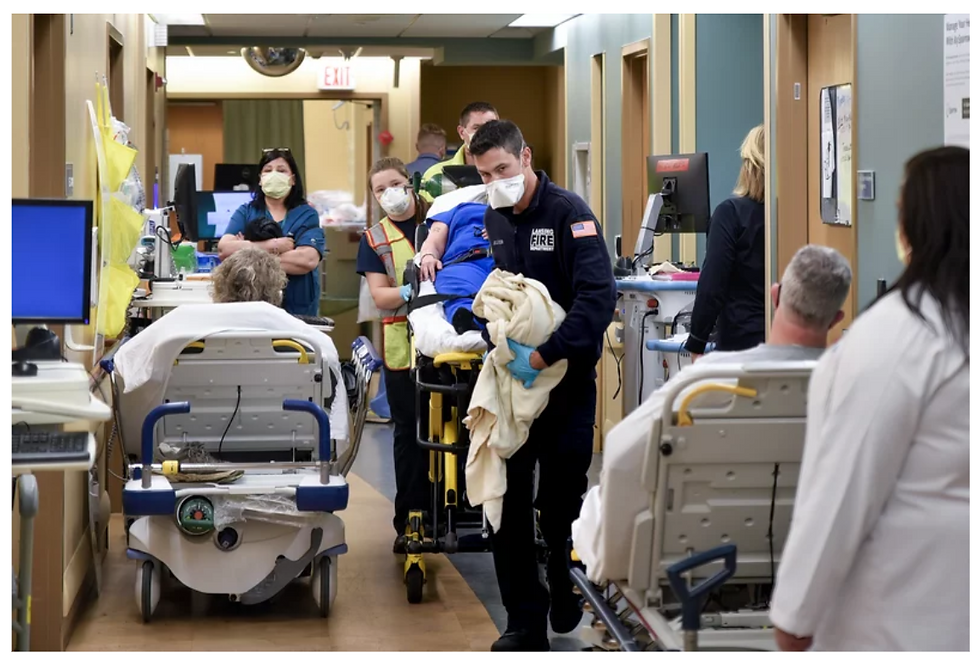What's the ROI of Outsourced Wound Care Nursing and Management?
- Joe Ebberwein

- Dec 6, 2016
- 2 min read
Updated: Mar 30, 2021

There are significant benefits—monetary and otherwise—to outsourcing wound care nursing and the management of your wound care program. First, let’s take a look at your current wound care nursing and management program. If you are like most providers, hiring and retaining a full time board-certified wound care specialist is a tricky proposition. Here are a few things for you to consider when deciding between filling those wound care positions or outsourcing management of your wound patients:
1. Wound Care Nursing Experts are Scarce
First, these clinicians are scarce - only one in five hundred RNs is board-certified in wound care. As your census of wound patients fluctuates, you may not be able to keep your wound care expert focused on what he or she is passionate about - WOUNDS! If you have to assign non-wound related clinical or administrative tasks to them, it may be difficult to retain them at your organization.
2. Wound Care Nursing is Not Delivered Efficiently
We have determined that wound care experts are scarce and expensive. So how do we justify having this expensive expert resource driving across a huge geography, only able to consult with two or three patients per day. Using mobile technologies increases wound care efficiencies, enabling many more patients to be seen. Mobile wound technologies also allow for automatic measurement of wounds, rather than using antiquated methods which yield inaccurate assessments.
3. Wounds Lead to Costly Readmissions
Some wound and ostomy related 30-Day readmission percentages are as high as 30%. With the increased focus on value-based care, reducing wound related ER and hospital readmissions is critical. This requires focused care coordination and longitudinal management of the patient’s wound across care settings. Value based providers are looking for partners who can guarantee better care at a lower cost per patient.
[INFOGRAPHIC] 5 Signs You Need A Better Wound Care Model
4. Patients Lack Access to Expert Wound Care
Telehealth helps create access to expert wound care where there is a shortage of board certified wound care clinicians. This is particularly important when considering the wound care services most needed in rural communities. Patients often have to travel hours for adequate wound care, but Telehealth increases access to experts while the patient remains in their own home.
CMS and private payers are examining how telehealth fits into existing payment models, and so it is worth your time exploring the use of virtual visits instead of costly face-to-face interactions. Utilization of telehealth produces significant return on investment, savings in cost and time, while adding measurable value to a provider’s clinical and financial outcomes.
Corstrata utilizes mobile technologies to create access to its board-certified wound care clinicians to produce return on investment for our customers. We assist providers with developing a wound program that includes evidence based, best practice wound treatments, staff education, pressure ulcer prevention program, and wound formulary redesign. Additionally, Corstrata provides wound image and video consults that include accurate identification of the wound type, accurate staging, accurate wound measurement, and recommended treatment and wound dressing. Contact us today for Expert Wound Care. Anywhere.





Comments